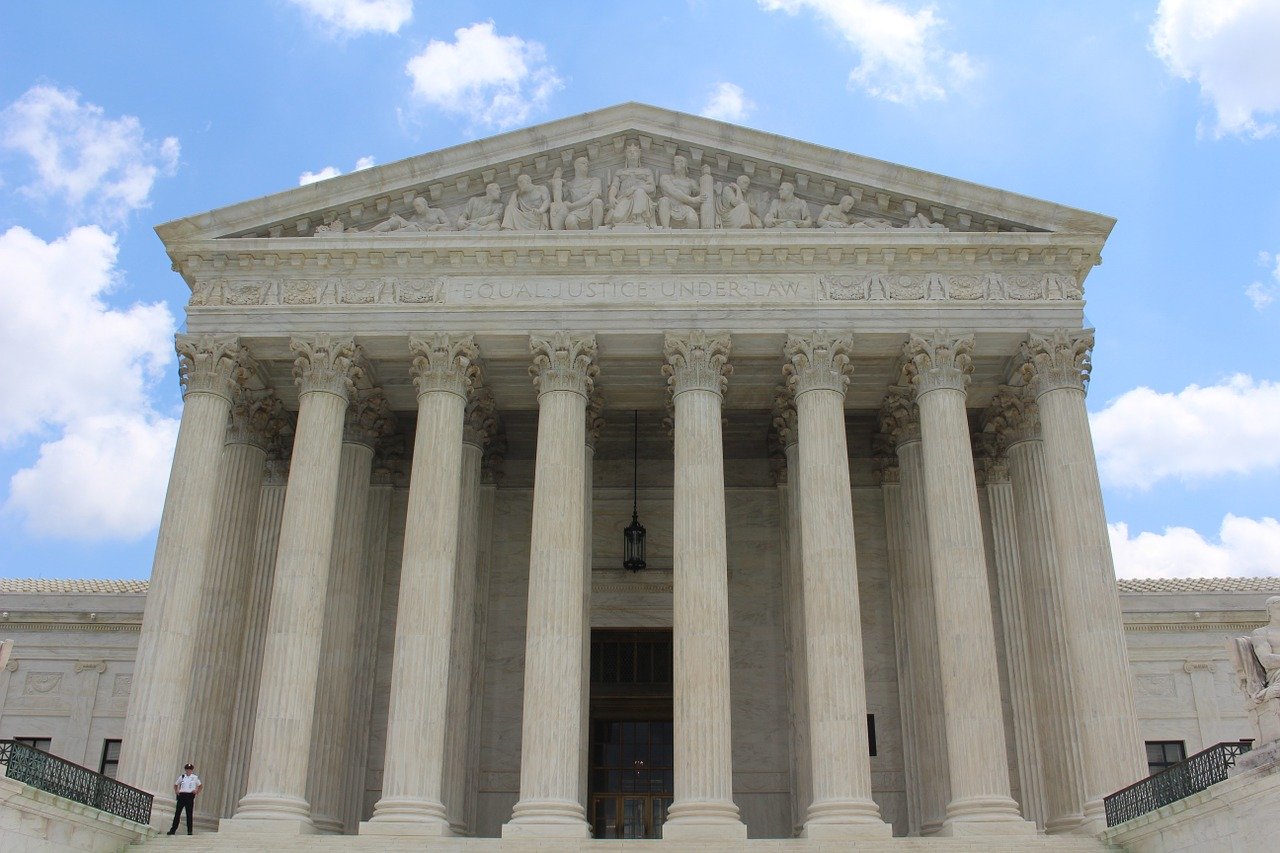
The U.S. Supreme Court’s decision to shoot down Louisiana abortion restrictions could affect the future of Georgia’s strict 2019 anti-abortion law.
Chief Justice John Roberts joined the court’s liberal wing to make a 5 – 4 majority opinion announced Monday that overturns a Louisiana law, which would have required doctors who perform abortions to have admitting privileges at nearby hospitals.
Georgians were watching the case especially closely after U.S. District Court for the Northern District of Georgia Judge Steve Jones said this month he planned to wait for the court’s decision to rule on Georgia’s “heartbeat” law.
That law, which Gov. Brian Kemp championed as state lawmakers passed it in 2019, is one of the nation’s strictest. It bans nearly all abortions once cardiac activity is detected in a fetus. Cardiac activity often occurs well before a woman knows she is pregnant, and critics say that effectively amounts to an abortion ban in the state.
The law was set to go into effect at the start of the year, but Jones temporarily blocked it in October, ruling that a coalition of abortion rights groups suing the state were likely to succeed in having the law struck down as unconstitutional during a full trial.
Monday’s ruling is a win for pro-choice Georgians, said state Sen. Jen Jordan, but not a decisive one.
“It’s heartening in some ways,” said the Atlanta Democrat who led the opposition to the measure in the state Senate. “It’s good to know that the Supreme Court, or at least a segment of the Supreme Court, still values precedent, and Roe v. Wade has been the law of the land for over 40 years. It’s heartening that there’s some stability there, but I think what we see is that there is a real, concerted effort to upend all of that precedent that was reflected in the dissents, authored by Kavanaugh and Gorsuch, so I would say it’s cautious optimism.”
The case represents the first abortion ruling with justices Brett Kavanaugh and Neil Gorsuch, who are President Donald Trump’s two conservative nominees.
Chief Justice Roberts’ swing vote, he said, is a result of judicial precedent, or the principle that obligates courts to follow similar rulings in previous cases.
The Louisiana law at the heart of the case was “almost word-for-word identical” to a Texas law the Supreme Court ruled against four years ago in a case called Whole Woman’s Health v. Hellerstedt. Monday’s decision included a concurrence penned by Roberts in which he agreed with the majority’s decision, but not its reasoning.
“I joined the dissent in Whole Woman’s Health and continue to believe that the case was wrongly decided,” Roberts wrote. “The question today however is not whether Whole Woman’s Health was right or wrong, but whether to adhere to it in deciding the present case.”
“The Louisiana law imposes a burden on access to abortion just as severe as that imposed by the Texas law, for the same reasons. Therefore Louisiana’s law cannot stand under our precedents,” Roberts concluded.
But Roberts’ decision and the question of precedence leaves room for hope for Georgians who oppose abortion, says Virginia Galloway, regional field director of the Faith and Freedom Coalition.
She is disappointed in the decision, but she does not believe it spells doom for Georgia’s anti-abortion law. Both the Texas and Louisiana laws added requirements that doctors who perform abortions have admitting privileges, and justices would not be bound by the same precedents if Georgia’s law were to get challenged in the Supreme Court.
“That precedent wouldn’t apply to (Georgia’s anti-abortion law), I wouldn’t think,” she said. “One thing (Georgia’s law) does that this didn’t do is establish personhood, and so I think it will give it a different feel.”
Georgia Democrats are confident running for election on abortion rights will be part of their winning strategy in November, Jordan said.
A line from Jordan’s floor speech opposing the legislation last year — “The women of this state will reclaim their rights, after they have claimed your seats,” — has been plastered on protest signs and printed on T-shirts.
Jordan said after Monday’s ruling the number of women Democratic candidates set to appear on Georgia ballots backs up her prediction.
“It’s exactly what I said, which is when there’s a fundamental attack on your basic rights as a human being, you can’t sit back anymore,” she said. “I think we’re going to see a lot of incumbents defeated in November, and I think they’re going to be defeated by women who were motivated in large part by that legislation.”







